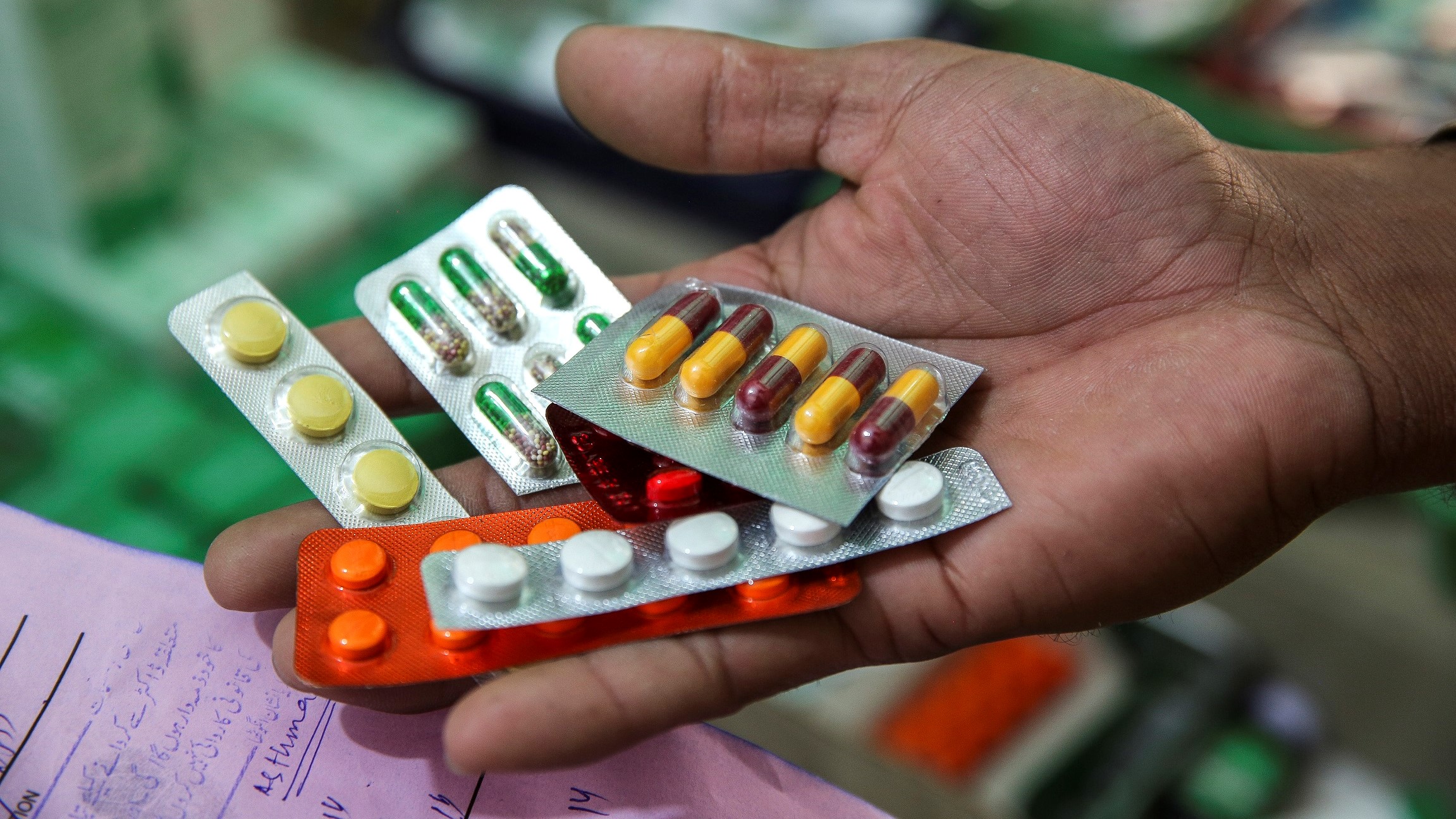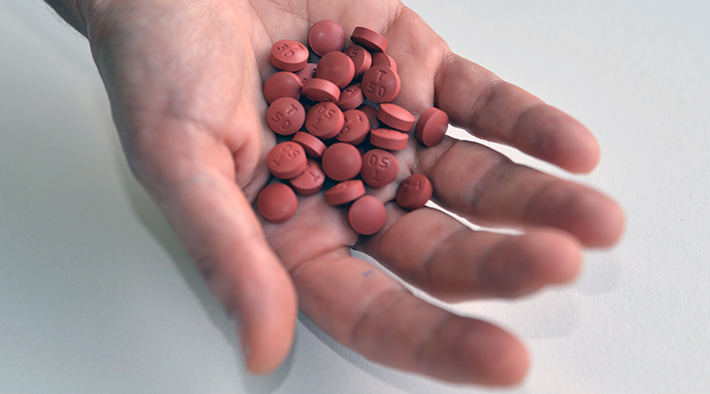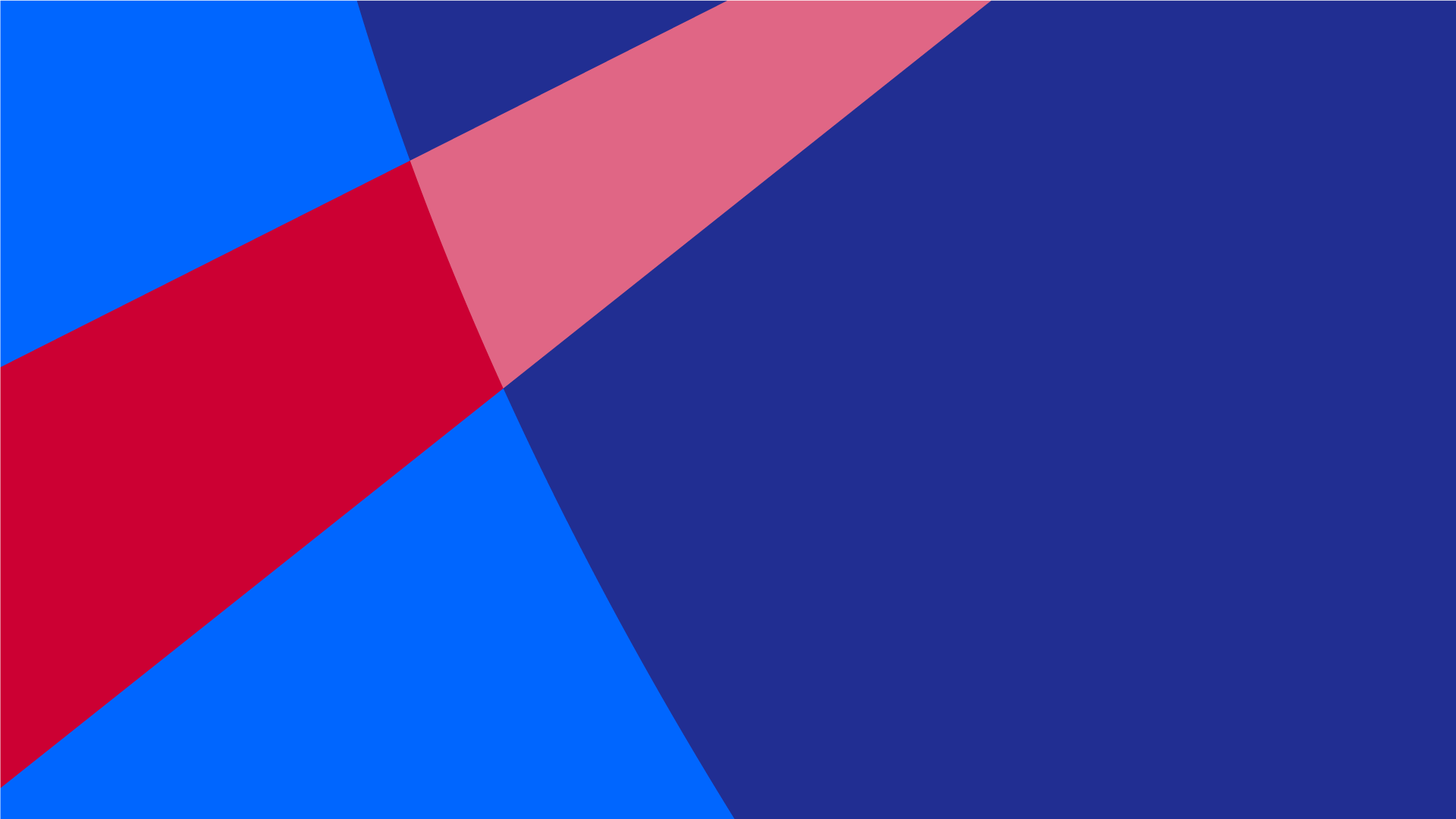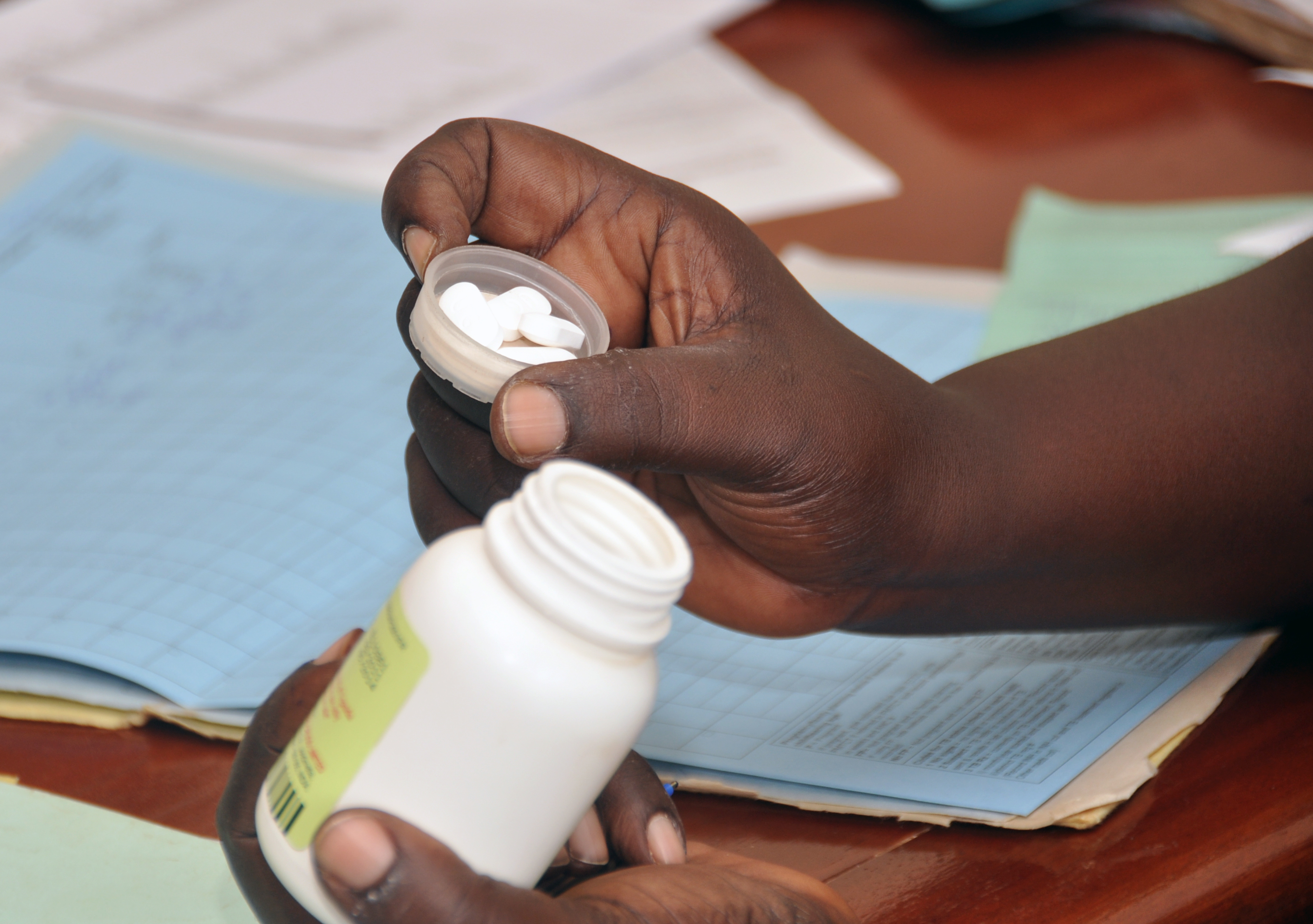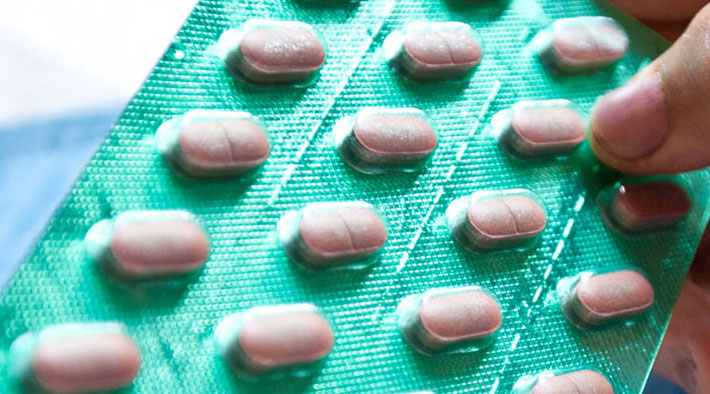Generic medicines
Increase production
Lower costs
Greater access
Voluntary licenses are agreements that allow generic manufacturers to produce and sell patented medicines at lower prices in specific countries, increasing access to life-saving treatments while ensuring the patent holder receives royalties. This innovative mechanism brings all parties to the table to negotiate mutually beneficial solutions to intellectual property-related barriers. The Medicines Patent Pool, founded and funded by Unitaid, is dedicated to negotiating and overseeing these types of agreements.
Founded by Unitaid in 2010, the Medicines Patent Pool is a global health organization that works to increase supplies of quality-assured, affordable, generic medicines and other health technologies in low- and middle-income countries through public-health oriented voluntary licensing agreements.
MPP plays an important role in Unitaid’s broader access strategy, by addressing the affordability and availability barriers that prevent equitable access to essential medicines globally. Their license agreements have facilitated widespread availability to generic versions of a range of critical medicines, including first-line HIV drug dolutegravir, significantly increasing supplies and reducing the cost of treatment in countries with limited resources.

